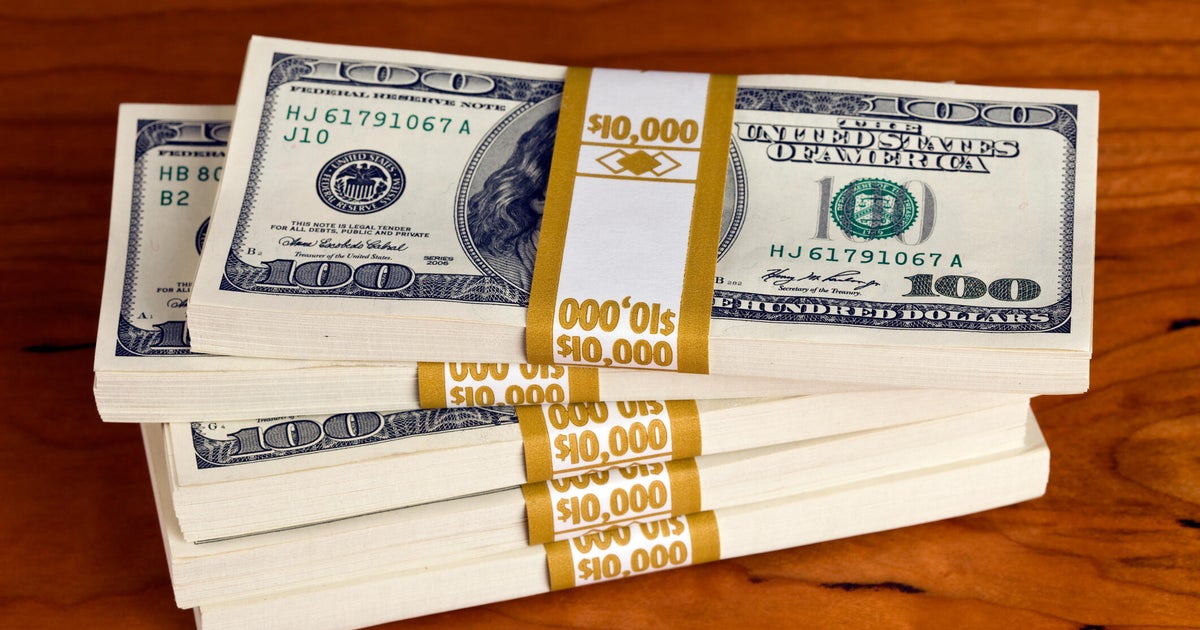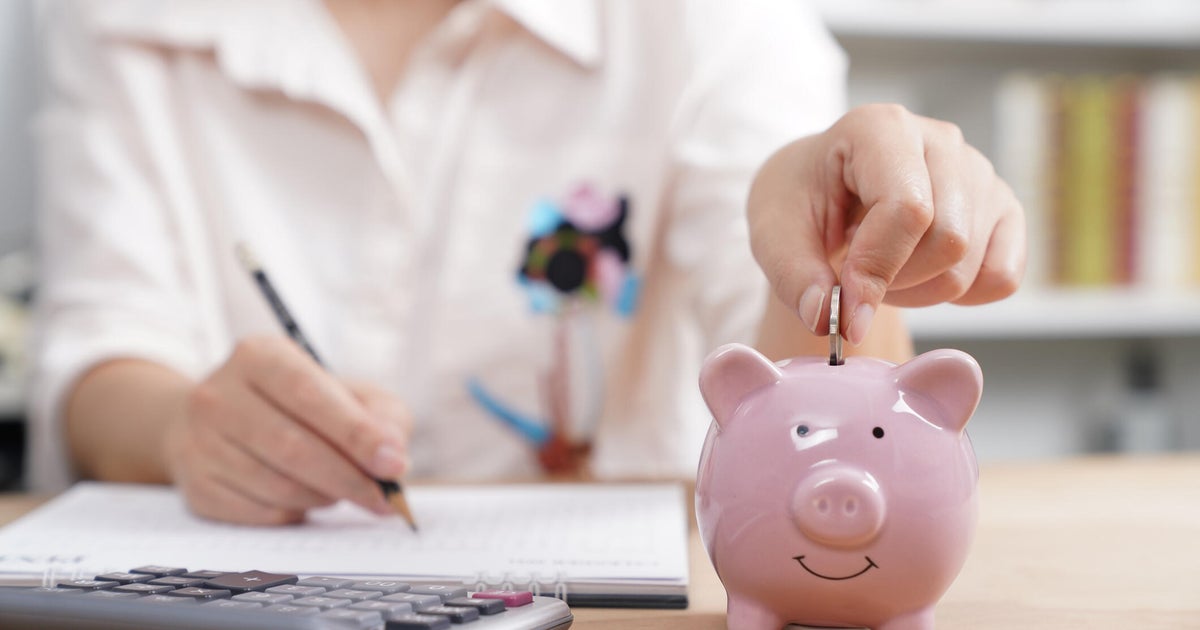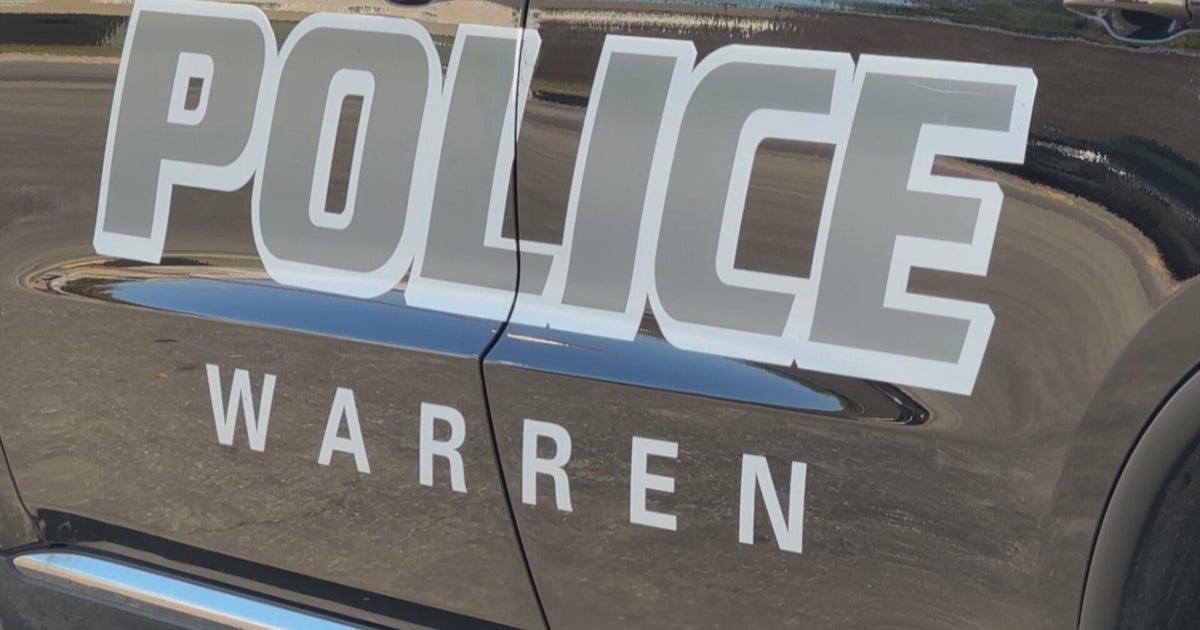Inflation drives Americans' gloom about the economy
Faced with rising inflation including record-high gas prices, Americans are the most downcast about the U.S. economy since the start of the COVID-19 pandemic, according to a new Gallup poll. The findings echo those of a recent CBS News poll which also found widespread pessimism about the state of the economy.
Public confidence in the economy is the lowest it has been since the end of the Great Recession in early 2009, Gallup found in surveying more than 1,000 adults representing all 50 states between May 2 and May 22.
The survey was conducted "at a time of record-high gas prices, elevated inflation, government reports of declining economic growth in the first quarter and a slumping stock market," Gallup noted in a news release. "Low unemployment is a rare bright spot, but employers are still struggling to find workers to fill needed jobs, which is contributing to ongoing supply chain problems."
Among the respondents, 18% specifically cited inflation when asked to name the most important problem facing the U.S. Just 14% of U.S. adults rated economic conditions as "excellent" or "good," while 46% described the nation's fiscal shape as "poor," and 39% described the current state as "only fair," Gallup found.
At the same time, 20% perceived the economy as getting better, and 77% see it as getting worse.
Feeding into the negative sentiment are growing concerns that the U.S. could soon tumble into a recession as the Federal Reserve tries to tame inflation by hiking interest rates and amid surging commodity prices due to the war in Ukraine. Economic activity shrank in the first three months of year as imports rose and exports fell.
For now, however, most economists downplay the risks of a downturn this year. The odds of a recession are about 30%, according to research from Moody's Analytics and a Wall Street Journal survey of economists.
"In the debate over recession, no recession/soft landing, hard landing, it all comes down to the behavior of the U.S. consumer," Peter Boockvar, chief investment officer with advisory firm The Bleakley Group, said in a report. "Lower-income households will certainly be most impacted by the direction of real wages, while upper ones will most likely be influenced by the direction of the stock market from here. Those in the middle will get impacted by both."
"Expect surging prices"
The survey results coincide with another gauge of consumer confidence sliding, with the Conference Board's index falling in May to its lowest level since February. Consumers expect costs to climb more than 7% in 2023, according to a report on Tuesday from the business group. Plans to make major purchases of cars, homes and appliances all fell this month, the group found.
"Inflation remains top of mind for consumers, with their inflation expectations in May virtually unchanged from April's elevated levels," Lynn Franco, senior director of economic indicators at The Conference Board said in a statement. "Looking ahead, expect surging prices and additional interest rate hikes to pose continued downside risks to consumer spending."
Mahir Rasheed, U.S. economist at Oxford Economics, predicted that consumer sentiment will likely remain downbeat until price pressures ease in late 2022 and early 2023.
Another economist also sees inflation abating later this year and next, as higher food and energy costs lead to increased production followed by declines in commodity prices. David Kelly, chief global strategist at JPMorgan Asset Management, expects U.S. inflation to slow from its current annualized rate of more than 8% to 4% by the fourth quarter.



